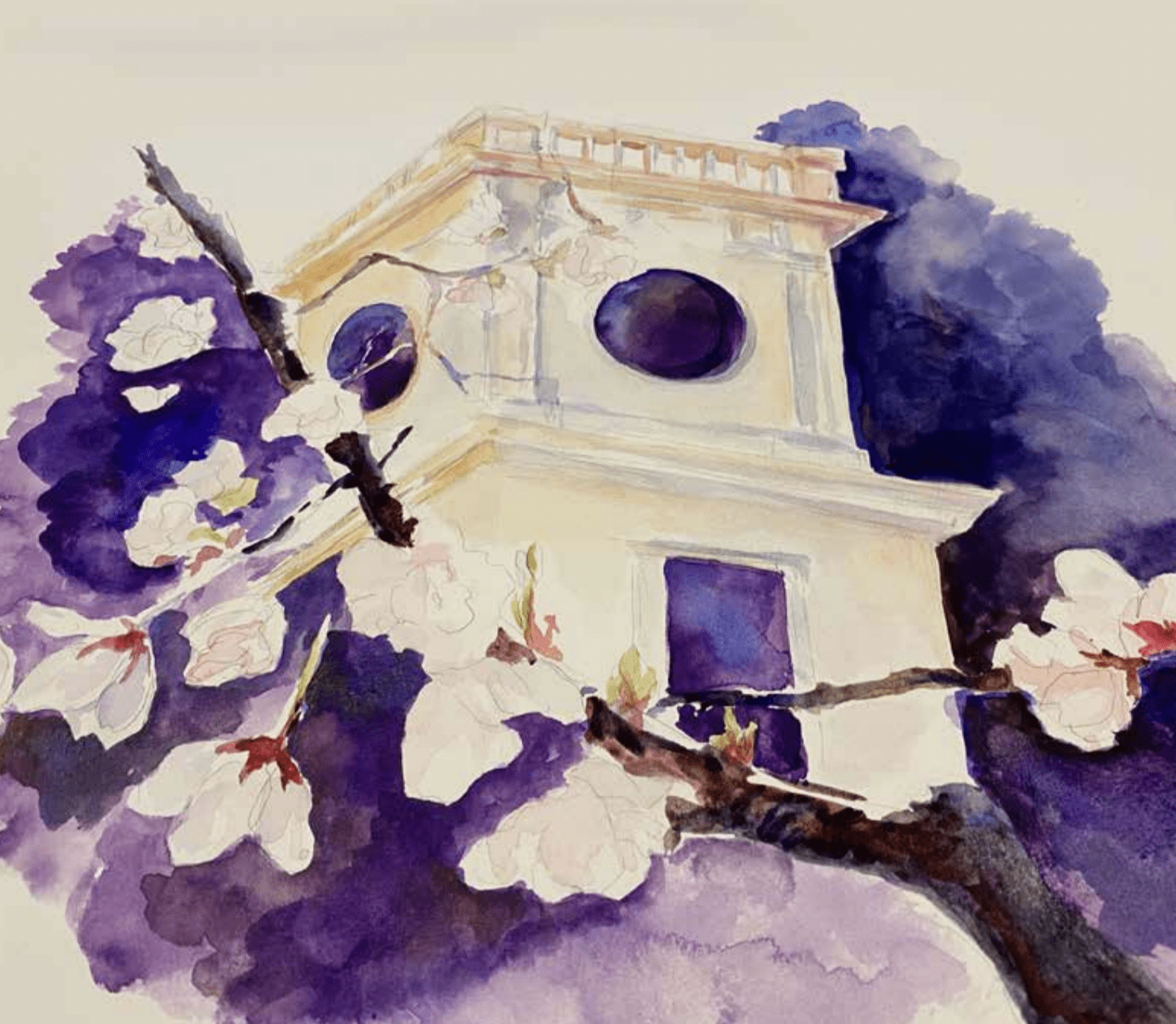It’s not often that you want to escape something you love. And yet often, that’s how I feel about my alma mater. A liberal arts education is like nothing else in the world. Much like Rapunzel in her tower, we hear about the world outside, from a passing bird perhaps, or a glimpse of a far off land. We paint what we cannot see on the walls, and hone our minds and hands so that we can portray with perfect realism an image we have never seen. Like any parent, the alma mater teaches its children the very things that will eventually make the parent unendurable.
The ivory tower is no new idea. It’s no surprise that I, and I’m sure, many others here, feel a wanderlust, as overpowering as it is directionless. But what does the direction matter, when our only destination is reality? The idea that everything we have experienced is somehow not real, separated from a true life experience is ridiculous, but that doesn’t make it any less seductive. For me, this delusion of a safe unreality is likely a product of an uneventful, relatively privileged childhood. But if a liberal arts education teaches us anything, it’s that feelings are real, and every intangible urge speaks to something concrete.
That’s the irony of the liberal arts education. We learn about problems in the world, about ways to materially affect our surroundings. But at the same time we are kept separate from the material world, cloistered… It’s like learning music without an instrument. Pervading the college experience is a promise, sometimes spoken but more often a silent assurance. The promise that we will, one day, be able to shape the world, to go out and have that grand adventure that is adulthood. Yet what are we to make of that promise, when the only sources we have are the fragmented stories of alumni, who seem to lose all interest in college the moment they graduate. Have they finally tasted reality?
I wrote the above text on the afternoon of March 9th, 2020, only a couple of hours before that fateful email which sent us all home, where many of us still remain more than a year later. After so much time spent feeling like a passive observer to the world, I look at my words with a new perspective.
The Pandemic has put each of us in our own ivory towers. Often in times of crisis, people rush out and experience the material world more directly through physical action. But for many people, the safest and most helpful response to the pandemic is to remain locked away, engaged in whatever cerebral activities we prefer. In this, it’s similar to how universities encourage students to emphasize theory and study over practice. From a certain perspective, the change from campus to quarantine is no great leap. Both are, in their own ways, ivory
towers.
And yet, I miss Amherst with all my heart. I miss reading a book on the top branch of the tree next to Fayerweather. I miss sprawling on the floor of my friend’s room, typing out a reflection on the cloistered Ivory Tower of Amherst. I miss sneaking into Grab and Go immediately after going to Val and stocking up on sandwiches, then being mocked by my friends for my immense sandwich hoard.
It seems that not all ivory towers are created equal. Amherst can feel restrictive and small, detached from reality. Yet within its limited grounds live other people who share your feelings of claustrophobia. With friends, I’ve done my best to expand the borders of our campus, with fantastical stories, groundbreaking ideas, and bizarre (sometimes unpublishable) adventures. People in a confined, detached space can work together to make their own reality. I think when people know, at some level, that their campus is detached from the world, they feel free to put whatever vibrant stamp they want on their surroundings, with the help of their fellow inmates. Above all, I cannot wait to complain about Amherst’s ivory tower once I am reunited with my friends on campus.
Amherst College may be an ivory tower, but sometimes what matters is who’s in the tower with you.
Thomas Brodey ’22 is a staff writer
tbrodey22@amherst.edu
Tina Zhang ’24 is a staff artist
tzhang24@amherst.edu
